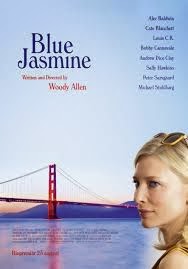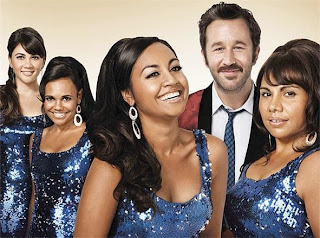Most of my friends know that I am not a big fan of driving.
I drive when I need to but I would not initiate anything crazy like a road trip
and volunteer to be the designated driver. Luckily I have quite a few friends
enjoying doing this and I am usually happy to tag along.
As such I am on public transport a lot. Buses are my main
means of travelling when I was in Hong Kong and now in Sydney. The good thing
with going on a bus is that most of the time you can just sit there and get to
your destination without much fuss. If you are in a traffic jam a whole bunch
of people are sharing that with you on the bus so you feel less personal. Also
as an actor I like to observe other people in case I can pick up something for
future characterisation.
However, as with all good things there are always down
sides. There were so many occasions that I was just outright annoyed by inconsiderate
passengers who just have zero concern for the welfare of their fellow bus
riders. I just ran into another one tonight and her inconsiderate behaviour
really prompted me to think about some basic bus etiquettes.
1. When there are empty seats, take them
There are a lot of times that some people just sit right
next to me even when more than half of the bus is empty. I understand that
certain people may long for companion and such, but when you squeeze into other
people’s space when there are lots of space that is just bad form. Further I am
not here to cater to your personal needs. I am just a fellow bus rider who
wants some serenity when the bus is not busy.
2. I am not interested in your phone
conversation
With the blessing of modern technology, we stay connected
with everyone all the time. However, not everyone is interested in other
strangers’ businesses. There was once a girl who was biatching about her
supposed to be friend to another friend on the phone. Now I know the reception
on a bus might be bad or the noisy environment is not conducive for phone
conversation. But that does not give you a golden pass to project you voice
loudly in a confined space. Maybe you should take the sign from the universe
that bad reception and noisy environments mean that you should shut the f up and
hang up.
3. Move inside when there is space
I understand that some people may want to be close to the
exit door as much as possible so they could get out quickly on a crowded bus.
But if there are still 1200 stops before you reach your destination, just be
considerate and move inside the bus so other people can get on. It is not that claustrophobic
at the rear end of the bus and to be honest, if you are claustrophobic, you
should not be on a bus in the first place.
4. Get ready before you need to get off
If you have pressed the bell and knowing that you need to
get off, for God’s sake get ready for it. I understand that sometimes you might
not want to soil the mint paper bag from Prada or Tiffany, but if you have that
money to spend might as well spend another couple of tens to grab a cab instead
of sitting right at the back, press the bell and when the door opens you take a
trillion year to brush through other people to part ways like Red Sea for
you. And for your information, Moses did not wear Prada.
5. Buy pre-paid tickets or get your money
ready
I really could not understand why people did not prepare
themselves when they get on the bus. Pre-paid tickets are no longer like needle
in a haystack anymore, so get them if you are regular bus rider. If not, I can
understand that you might not know the fare if you are not a regular bus rider,
I can totally get how intimidating it is with a bus fare system more complicated
than the constellation chart. However, one tiny bit of courtesy is you can have
some coins prepared in your hand so that you would not be salvaging and
counting 5 cents from all your pockets, purse, wallet, handbag etc for a $3.20
fare. Other people on the bus have
better things to do than waiting for you to collect bus fare from your chosen
charity you know?
I think tonight’s experience has gotten me babbling on for
too long. I should shut up, have a shower and go to bed. Tomorrow would be
another bus riding day and I am sure tomorrow it will be better.






